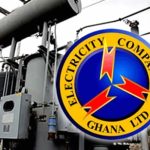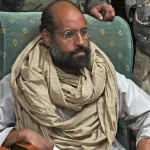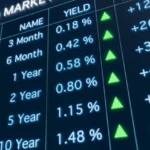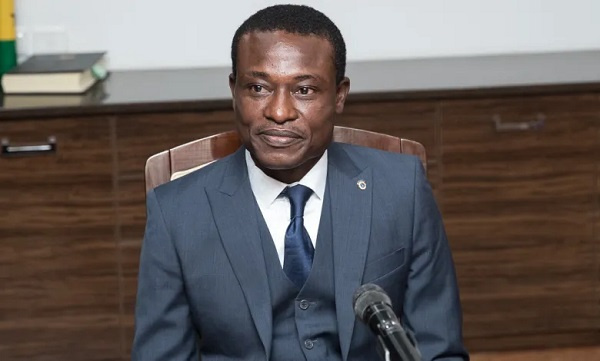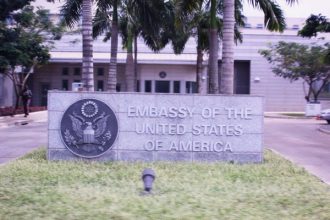The Finance Minister, Ken Ofori-Atta has inaugurated a government-led Energy Sector Recovery Programme Steering Committee to help identify issues and propose solutions in the energy sector.
The committee which consists of members across various sectors and ministries, is part of the governments’ initiative to collaborate with each Independent Power Producers (IPP) and Gas Suppliers (GS) to resolve the current energy issues in the country.
The Finance Minister in his speech said, “the purpose of the Steering Committee is to take responsibility for the consultation process with the IPPs and GSs over the coming months, with the objective of ensuring a sustainable energy partnership with each IPP and GS.”
Mr. Ofori-Atta noted that the inauguration is part of a decision made by the Energy Sector Recovery Task Force, as mandated by the cabinet to ensure and oversee the implementation of the Energy Sector Recovery Programme (ESRP).
“The Steering Committee is of key importance for the future of Ghana’s energy sector and Ghana’s long-term sustainable development,” the minister stated.
Mr. Ofori-Atta added that “government has been working hard to establish a long-term sustainable strategy for a competitive and dynamic energy sector where private investments can thrive, and the interests of the Ghanaian people and businesses continue to flourish.”
He revealed since August 2019, the Ministry of Finance and Energy have been engaging with IPP and GS representatives in order to find solutions that result in a fair outcome for all stakeholders, both the Ghanaian people and investors.
In the mid-year budget review on July 29, 2019, government announced its intention to rationalise the commercial agreements in Ghana’s energy sector, including reassessing all take or pay contracts and imposing a moratorium on the signing of new power purchase agreements in the energy sector.
He added that Ghana’s installed capacity is almost double its peak demand, with an installed power generation capacity of 5,083 MW, a dependable capacity of 4, 593 MW and a peak demand of around.




